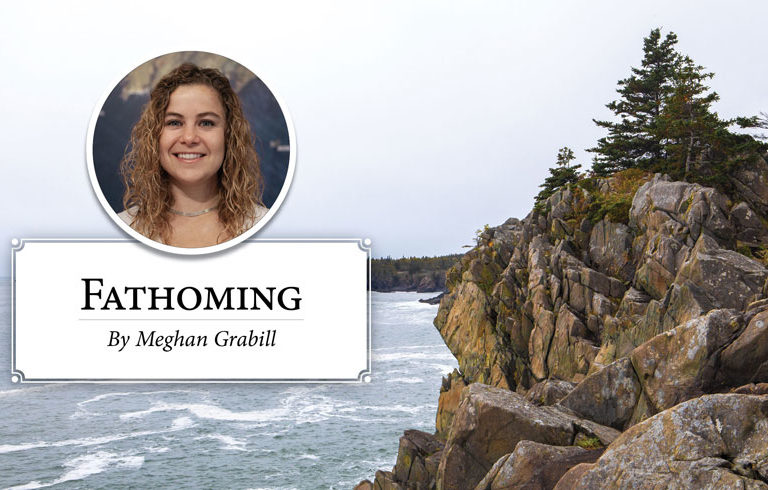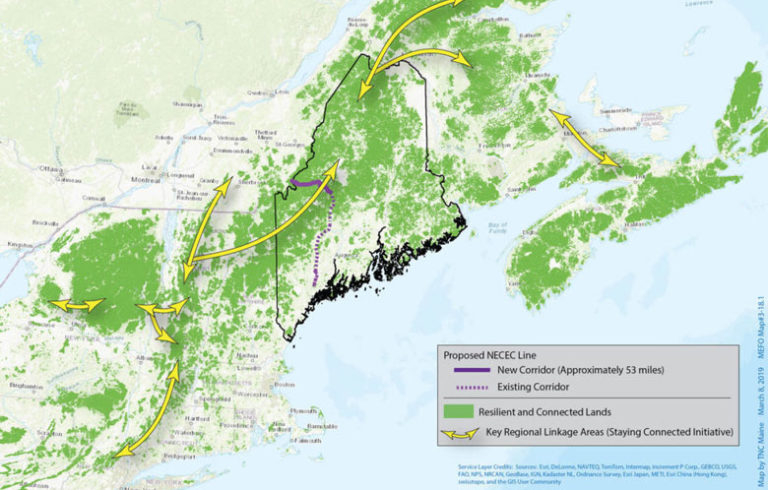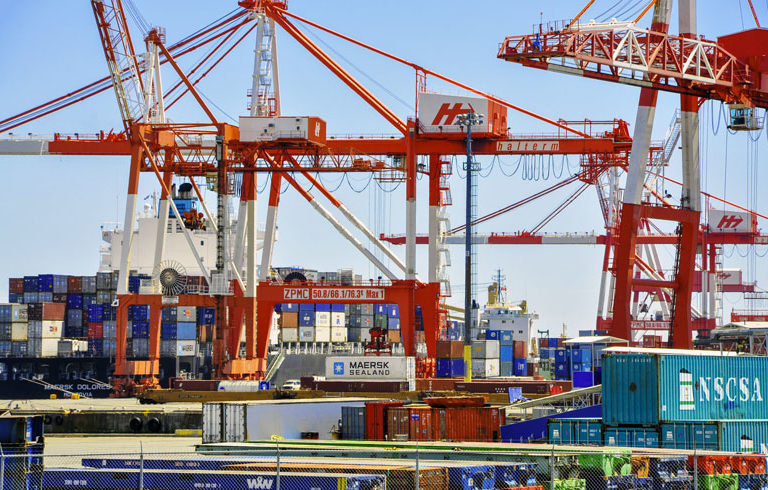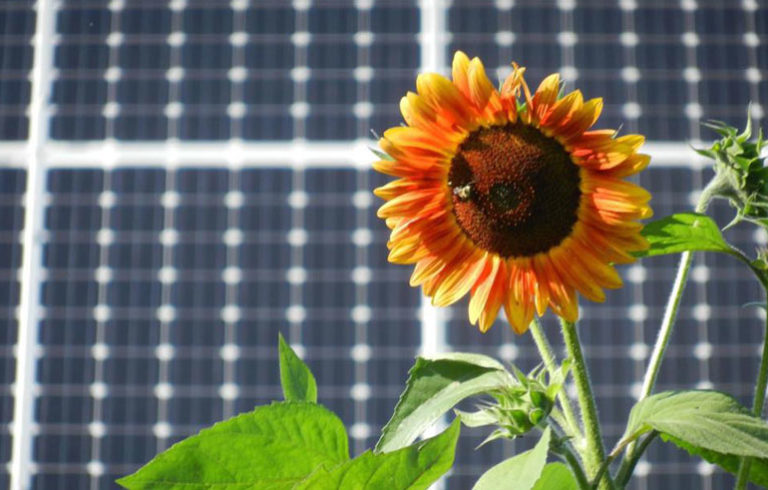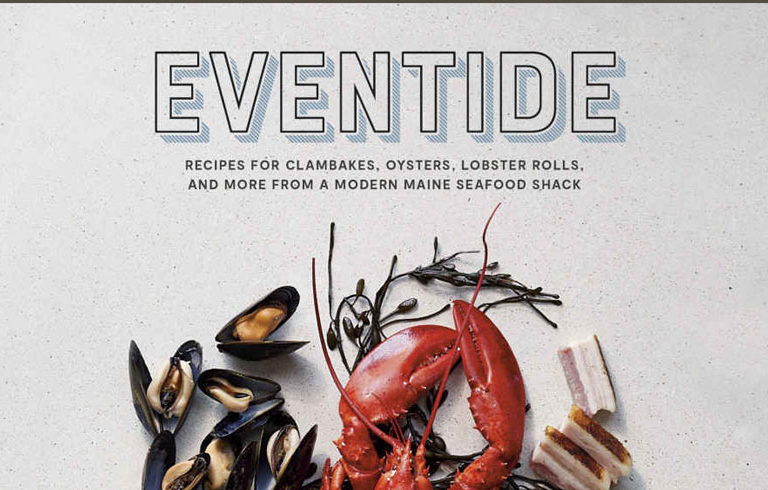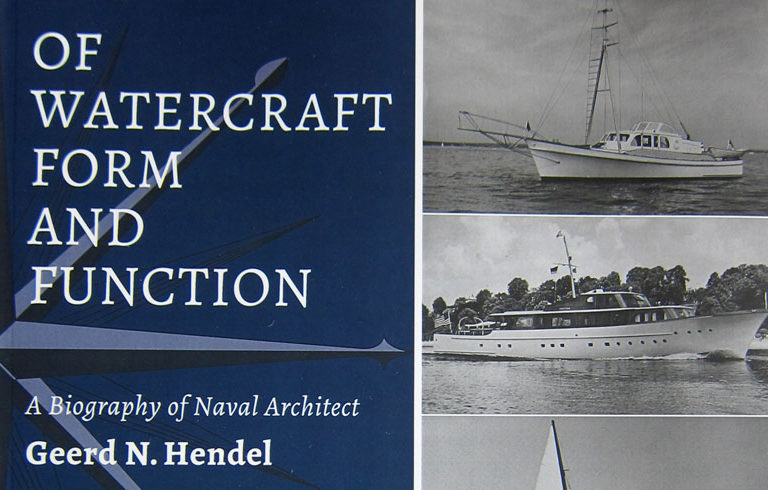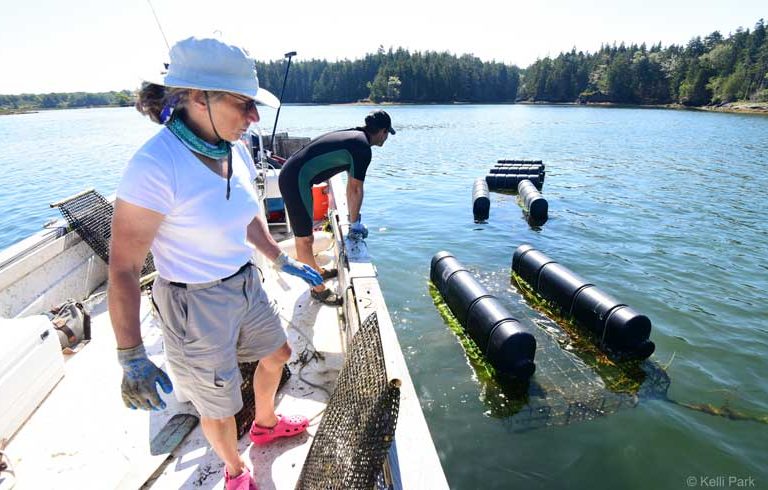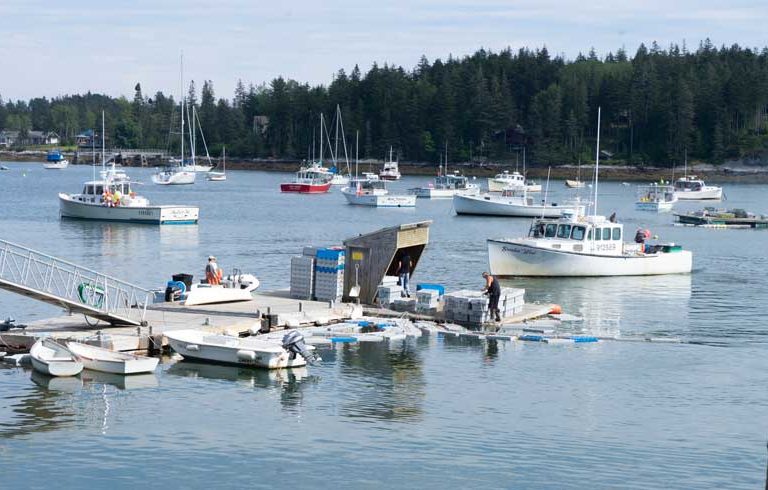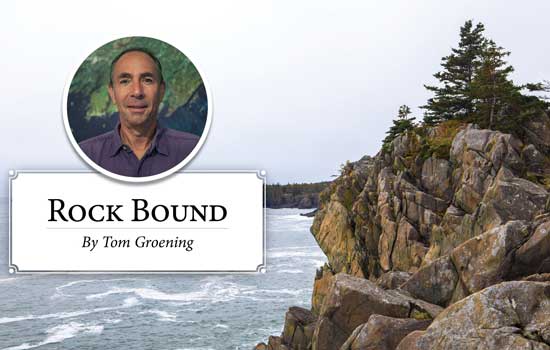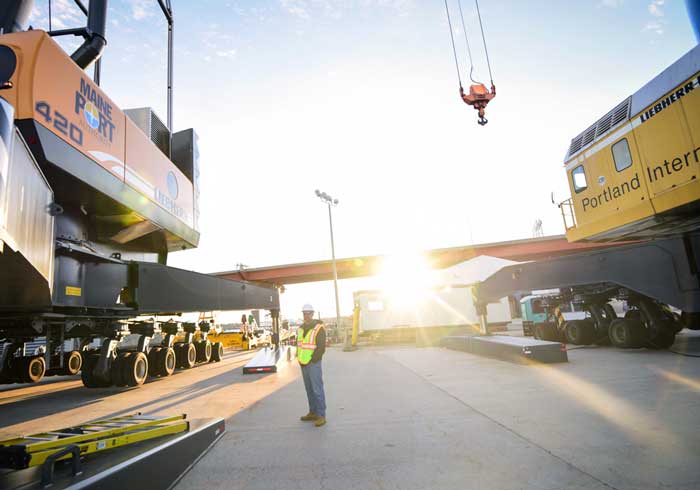Working Waterfront
Explaining and bridging Maine’s digital divide
The things people can do from home would be unfathomable to someone 30 years ago. Those with access to broadband can further their education, utilize telehealth, engage in remote work, and connect with anyone (who also has broadband access) around the world. “It is necessary for our civic and cultural… SEE MORE

